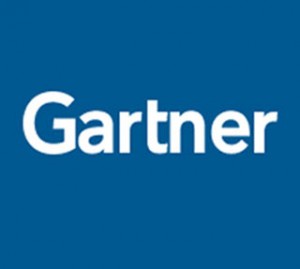 Gartner Predicts 2018: Five Course-Altering Changes for Data and Analytics Programs
Gartner Predicts 2018: Five Course-Altering Changes for Data and Analytics Programs
Data and analytics programs are now embracing diversity, formalizing information as an asset, scaling governance with trust, removing data location as a constraint, and reinventing service delivery with AI. These dramatic changes will help data and analytics leaders thrive in a digital society.
Key Findings of Gartner’s report
- The relatively high percentage of diversity across the chief data officer (CDO) and other data and analytics roles is accelerating the move toward a data-driven culture while making a finer point about bridging classic divides.
- Digital business scenarios demand the most from data and analytics investments, giving rise to information achieving “asset class” status.
- Existing information governance overemphasizes data ownership and controls, which breaks down in new digital business scenarios such as the Internet of Things (IoT) and open data.
- Distributed, semantic data management and integration removes location as a longtime constraint for data and analytics strategies.
- Intelligent automation will increasingly replace labor-based data and analytics services.
Recommendations
For data and analytics leaders, such as CDOs, tasked with transforming data and analytics programs:
- Practice innovative and inclusive hiring and harness the profusion of experiences, backgrounds, thoughts and viewpoints that a multicultural team brings to modernize moribund operations.
- Employ the power of infonomics to improve the enterprise’s information culture, and create value from the untapped potential of available information assets.
- Refocus and reshape data governance from “provably truthful” to “demonstrably trustworthy.”
- Stop moving data; instead, access it in place by utilizing semantic solutions tooling.
- Scale data acquisition, organization and analysis for digital business by purchasing data science and machine learning (DS&ML)-augmented services and solutions.
Strategic Planning Assumption(s)
- By 2021, the CDO role will be the most gender diverse of all technology-affiliated C-level positions, with 33% females up from 18% today.
- By 2022, 30% of leading organizations will formally adopt infonomics practices and value their information assets, maintaining a balance sheet for internal purposes.
- Through 2022, only 20% of organizations investing in information governance will succeed in scaling governance for digital business.
- By 2021, distributed, semantic processing for data management and integration will neutralize location of data as a dominant planning constraint for information strategies.
- By 2022, over half of data and analytics services will be performed by machines instead of human beings.
To download the Gartner report click on this link






















